Operational diary module published via Eclipse project “eLogbook@openK”
The openKONSEQUENZ consortium aims to provide software for network operators in the energy and water industry that implements their requirements functionally, efficiently and securely.
The operating diary is a module of the openKONSEQUENZ platform. It is the central application for documenting all essential information and processes of a shift, especially information that is not recorded in the control system. This includes entering and leaving facilities, the presence of external personnel on the company premises and current maintenance measures. In addition, the network control centers that use the module benefit from the structured transfer of information during a shift change, as from now on all information can always be transferred in an audit-proof manner. From a legal point of view, the time of transfer of responsibility at a shift change is now also precisely documented.
The operating diary is licensed under the Eclipse Public License 1.0 and can therefore be used freely by anyone. The module is published via the Eclipse project eLogbook@openK and includes source code, documentation and a link to a demo platform.
The application managers responsible for the openKONSEQUENZ operating logbook module are Mr. Gordon Pickford (MVV Netze GmbH): “The operating logbook makes work in the grid control room easier, as all information – even that which is not recorded in the control system – is now visible to all employees at all times.” and on the technical side Mr. Frank Dietrich (PTA GmbH): “During development, we placed great emphasis on quality and security. We now have an application that is stable, secure and easy to maintain.”
An agile project, high quality requirements and an efficient project team
The aim of openKONSEQUENZ is to develop software that is independent of manufacturers and suppliers. The project team was set up accordingly. As the organizer, openKONSEQUENZ commissioned Main-Donau-Netzgesellschaft mbH to handle the purchasing. The client and driver of the module was MVV Netze GmbH. The IT service provider PTA GmbH was responsible for software development and Basys GmbH (a develop group company) for quality assurance.
After the project initialization, the agile Scrum project was characterized by three-week sprints in which the software was expanded piece by piece. The technical requirements were defined by the product owner in the form of user stories and stored in the product backlog, both at the beginning and during the project. As part of the regular sprint planning meetings, all project members then agreed the content of the next sprint and thus gradually emptied the product backlog. The PTA’s Scrum Master was responsible for the smooth running of the meetings, but also during development times.
At the end of each sprint, the product owner carried out the technical acceptance based on the user stories. However, as openKONSEQUENZ has very high quality requirements for its software, non-functional acceptance in the form of audits was also necessary. The following aspects were examined:
- The project had to be carried out in accordance with the official Scrum standard.
- The architecture and quality specifications of openKONSEQUENZ had to be adhered to throughout. This concerned the areas of architecture, source code, IT security and continuous integration.
- The technical documentation had to comply with the Arc42 standard.
Dr. Martin Jung (develop group) carried out the regular audits and confirmed compliance with all specifications: “The quality of the technical solution and the documentation is very good, so this project should serve as a benchmark for further openKONSEQUENZ projects.”
In December 2017, openKONSEQUENZ officially accepted the operating diary module. This marked the end of ten months of project work, which was characterized by excellent cooperation between all project participants. Dr. Tim Walleyo (member of the management board of PTA GmbH) praised the performance of all those involved after the end of the project: “The development as part of an open source project and the quality assurance by an external reviewer were something special for us. I am all the more pleased with the result achieved.”
Operating diary already in productive use
MVV Netze was the first grid operator to go live with the operating diary and has gained initial experience in recent weeks. There is now a small list of optimization requests that are currently being implemented by the PTA and will soon be available to all users.
Interest in the operating log is growing, with the result that other network operating companies have already decided to use the module in 2018.





